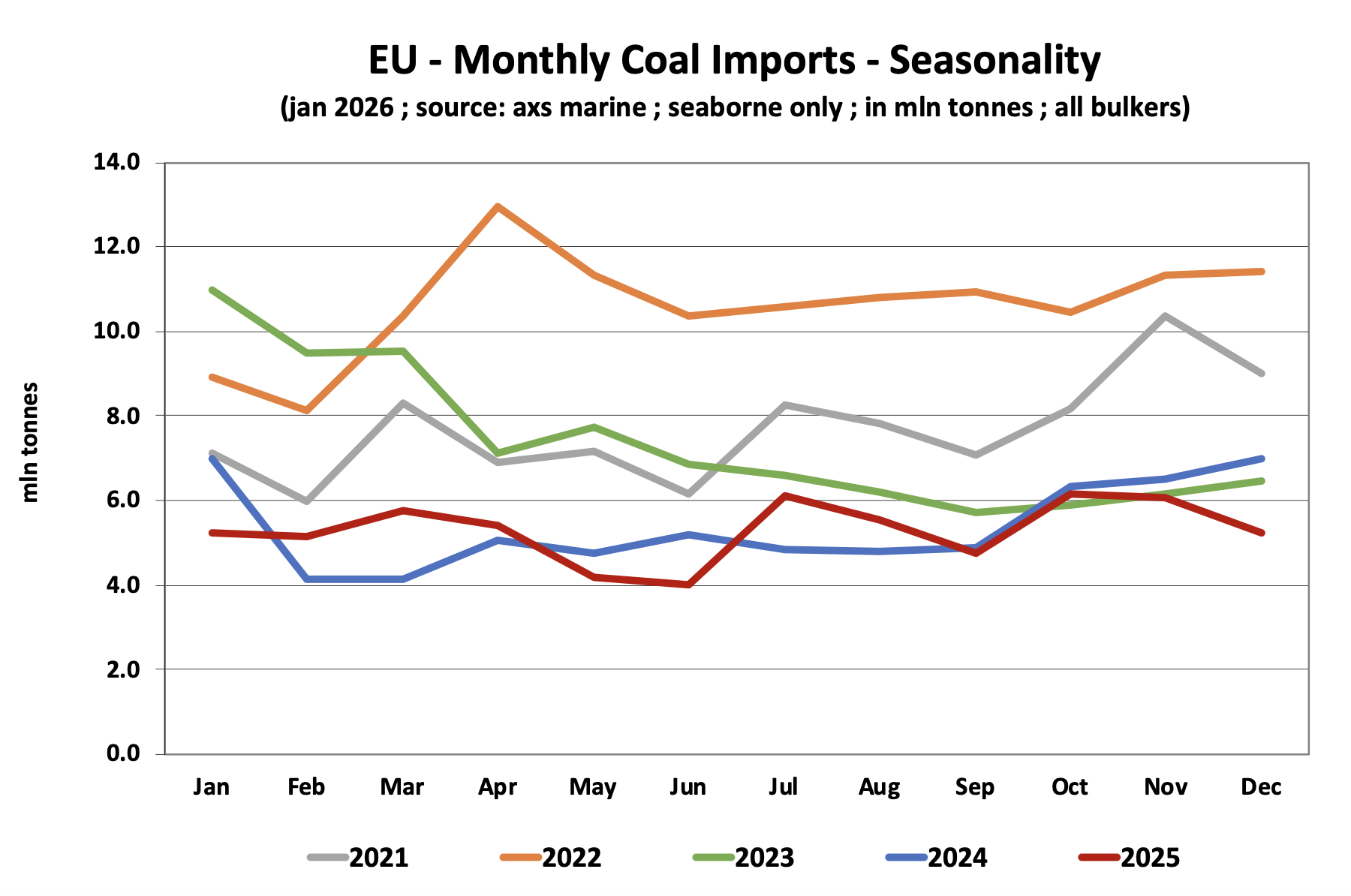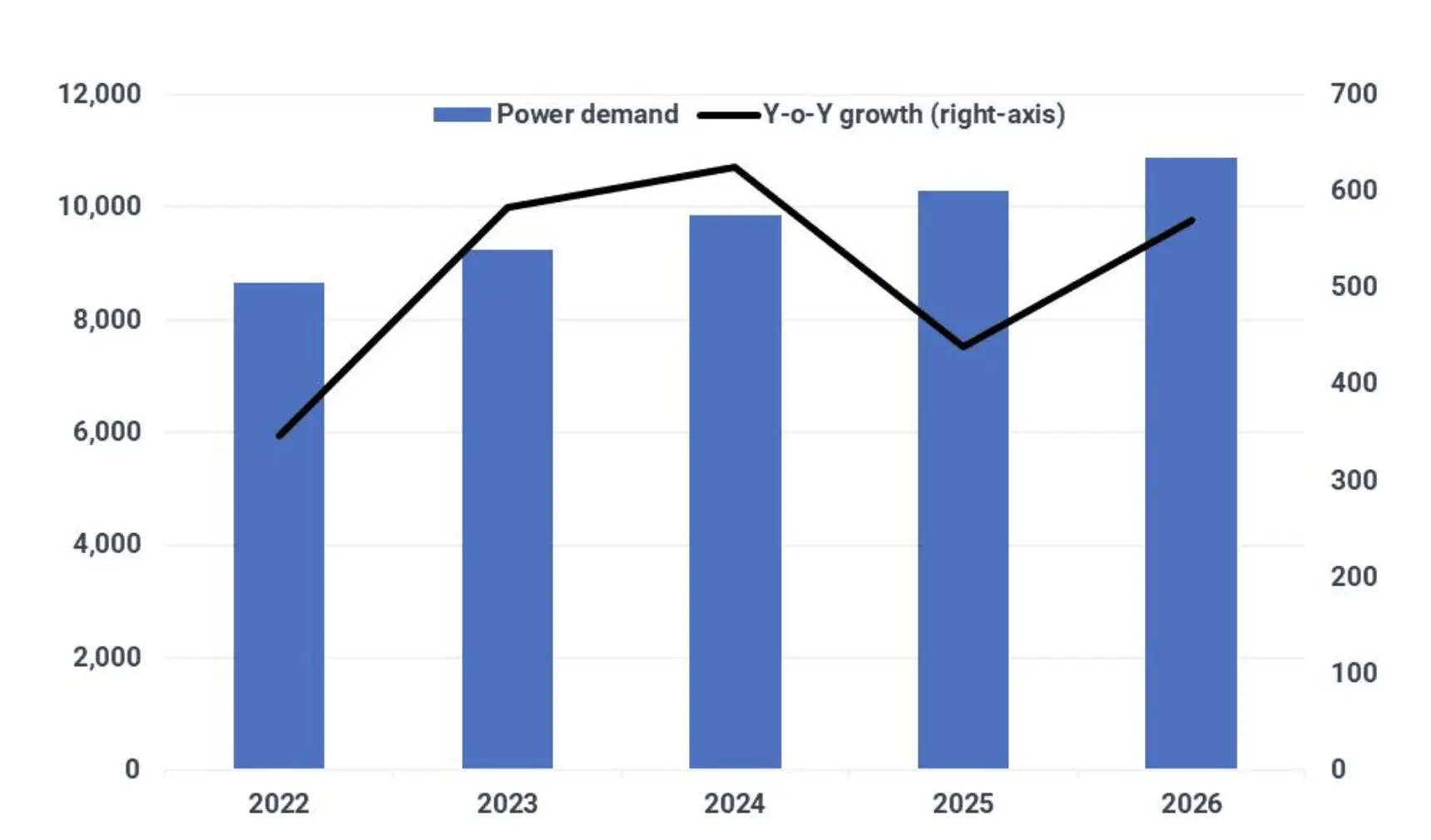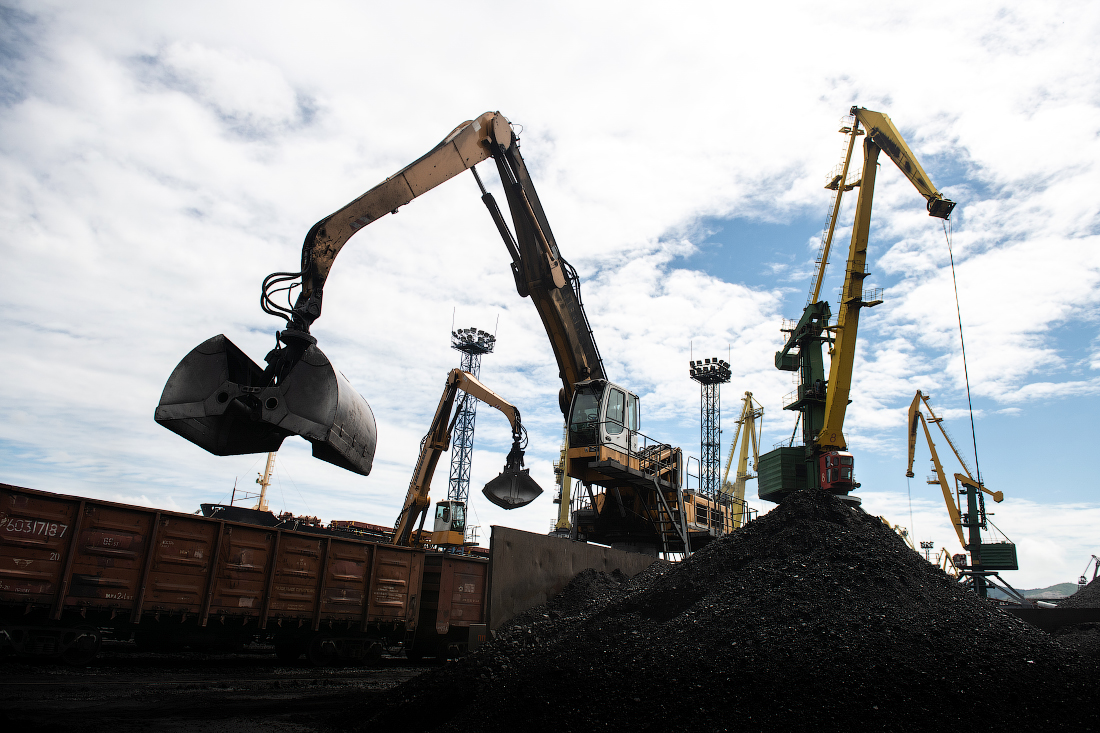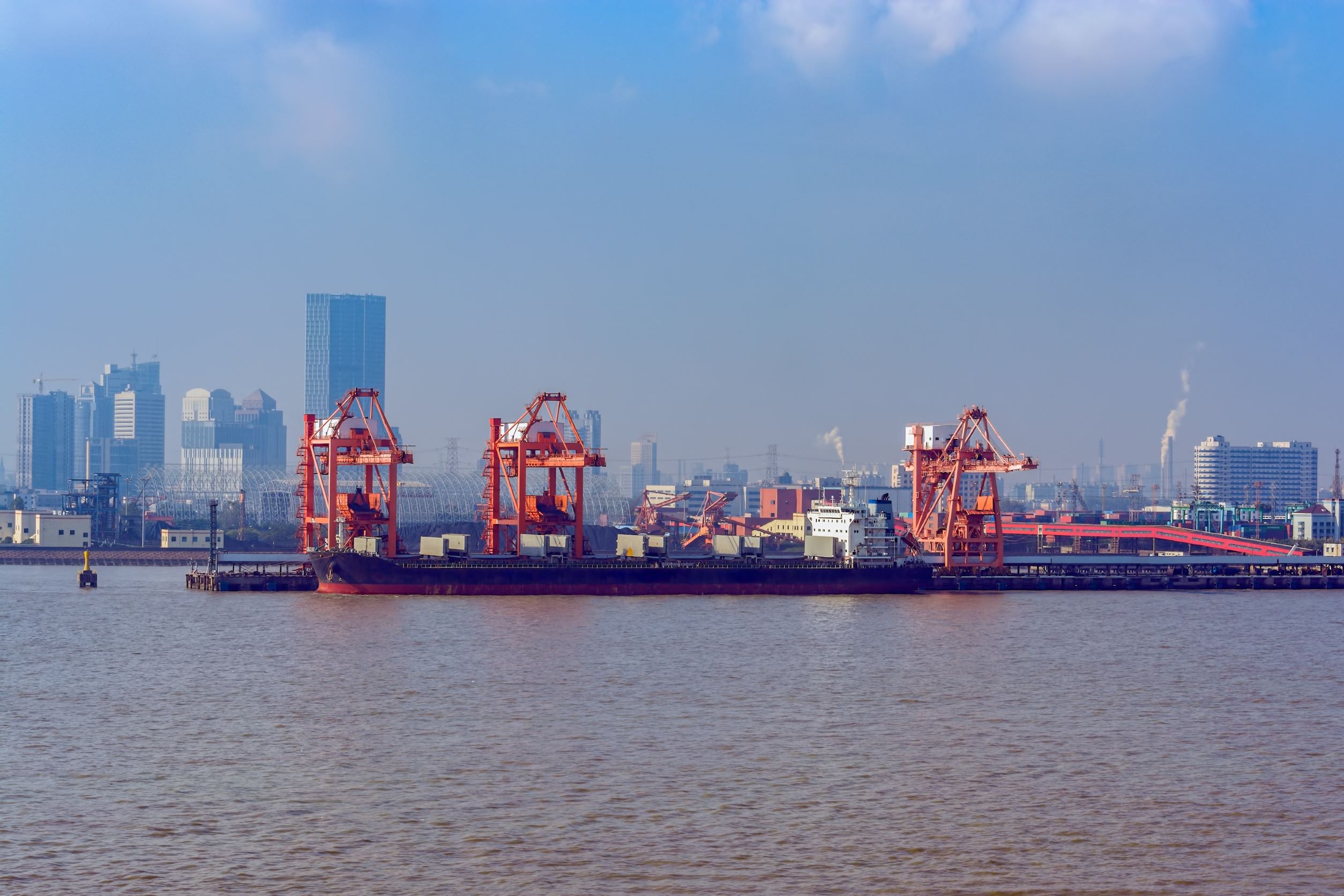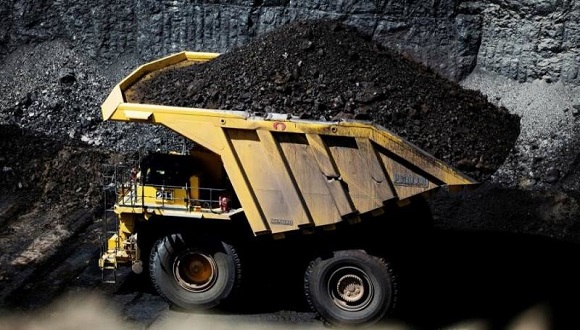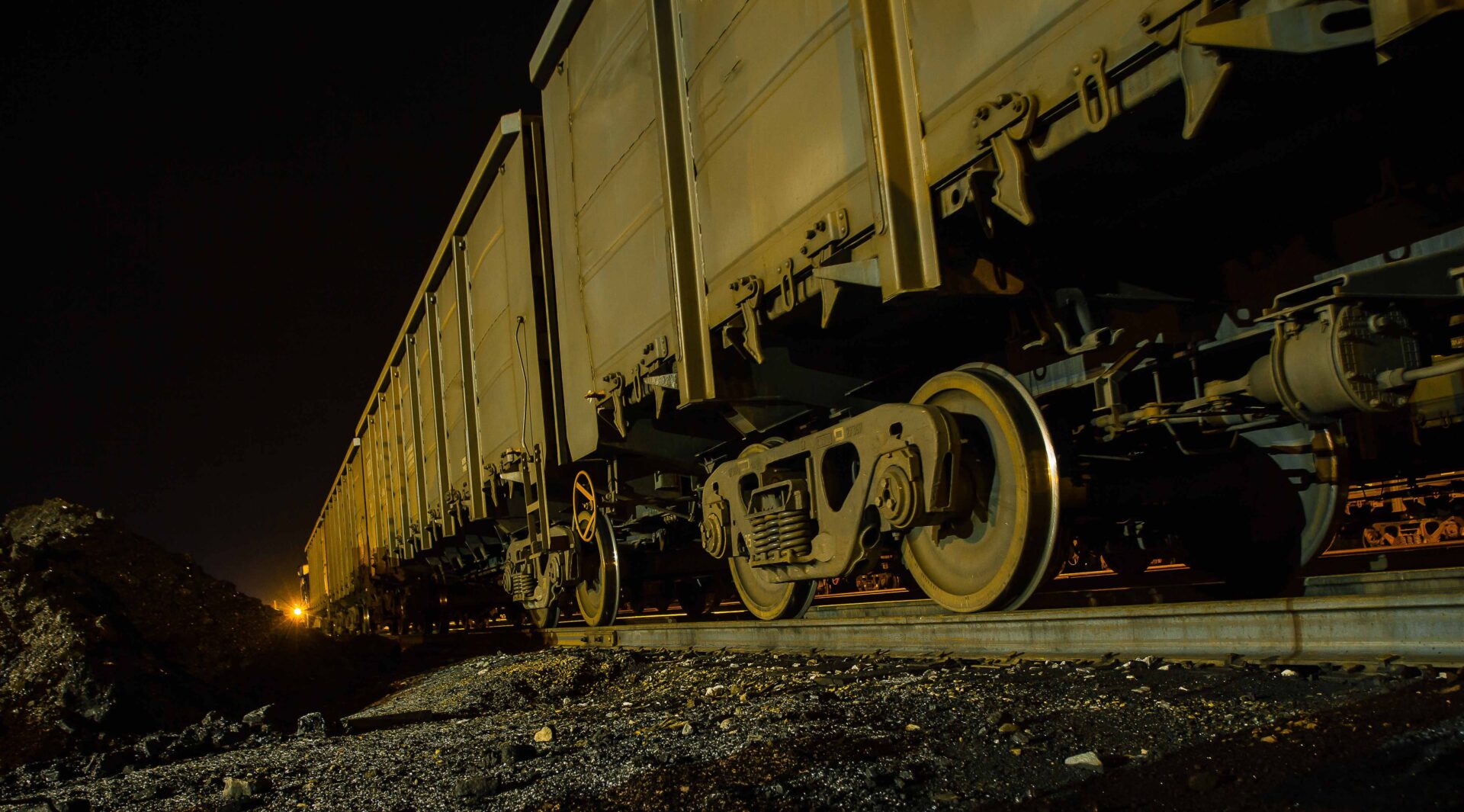

This year is bringing mixed blessings to China’s domestic coal miners. On the one hand, operations at some mines are being disrupted by the rounds of local- and prefectural government-supervised checks on mine safety procedures, yet the supply tightness resulting from such disruptions is lending strong support to domestic coal prices.
Bittersweet or not, recent government meetings indicate that the tough watch being placed on safety issues will continue this year, Mysteel Global noted.
Tough checks on mining safety, with above-capacity ops the focus of the blitz
A market source in North China’s Shanxi, the country’s largest coal mining province, was candid. “Since early this year, the safety authorities have been paying special attention to issues related to mining operations exceeding the design and approved capacity at coal mines,” he said. The state-owned miners (which dominate China’s coal production) top the list of enterprises being monitored for such irregularities, he added.
As reported, since early this year operations at some coal mines in the country have been suspended as a punishment because they were being mined above the capacity identified by local authorities.
Recently, the central government turned up the heat. On May 26, China’s National Mine Safety Administration held a video conference to warn the country’s miners of the need to prevent accidents. In the conference, the administration ordered mine managers to make great efforts to minimize serious accidents and to secure the safe production environment for the celebration of the 100th anniversary of the founding of China’s Communist Party in five weeks’ time on July 1.
The frequency of serious accidents has increased notably this year, the administration noted in the conference. Most regions in China had entered the flood season and as the price of coal and other mineral products has remained at a high level, so the risks to safety have risen substantially.
Prior to the meeting, authorities at some mining regions had already kicked off special checks on flood prevention arrangements ahead of the rainy season. From April 29 until the end of September, Department of Emergency Management in Northwest China’s Shaanxi – the country’s third-largest coal mining province – ordered city authorities in the province to make random swoops on mines, targeting flood- and storm response issues, according to its recent notification.
The department reiterated that the control of mining above designed capacity was the core mission during checks, something that has been emphasized since early this year.
Some coal miners in East China’s Anhui also commenced safety checks or maintenance from late May to reduce safety risks, said a market watcher in Shanghai, citing the celebrations in July too.
Supply tightness boosts domestic coal prices
The impact of the safety campaign has been partially reflected in Chinese coal production so far this year. In March alone for example, China’s raw coal output slid 0.2% on year to 340.8 million tonnes. In April, the on-year decline widened to 1.8%, during which China’s raw coal output reached 322.2 million tonnes, according to the country’s official data.
On May 31, Mysteel’s price assessment for the 5,500 kcal/kg Shanxi blend thermal coal was Yuan 890/t ($139.7/t) including the 13% VAT at Qinhuangdao port in North China’s Hebei, surging by Yuan 336/t on year. As of the same day, Mysteel’s national composite coking coal price had jumped too by Yuan 356.6/t on year to Yuan 1,376.2/t including the 13% VAT, a new high since Mysteel commenced the assessment on April 5, 2018.
Noting the coal market frenzy and the need to secure the stability of energy supply in China, both the central and regional governments have called for measures to stabilize coal prices, as reported.
On Monday, 12 authorities in Yulin in Shaanxi province again summoned local coal miners to emphasize the need to stabilize coal prices, saying that some coal miners had raised coal prices by Yuan 5-40/t over May 28-30, according to a report by the local-government-backed Yulin Daily.
While warning coal miners to avoid “irrationally” pushing up coal prices, these authorities again reminded enterprises of the need for safe production, according to the report.
“Stringent safety checks have almost become a norm in the country’s coal-mining regions, and these have restrained some coal miners intent on ramping-up production,” said a Shanghai-based analyst. “Although some authorities have released measures to ease the tight coal supply, whether these could effectively lift coal production will need further observation,” he commented.
Source: Sean Xie, Hongmei Li


